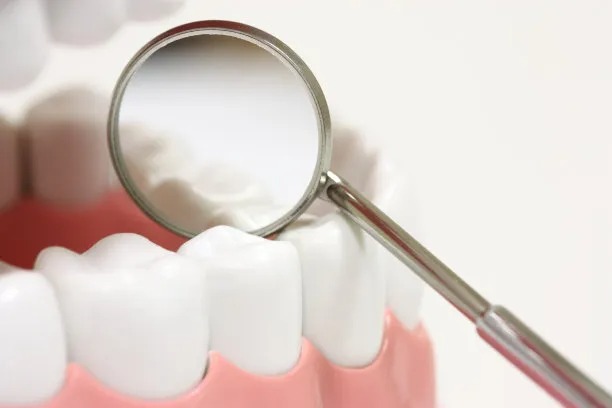Essential Guidelines and Precautions to Ensure Successful Dental Implantation and Minimize Risks for Patients
Summary: Dental implantation is an advanced solution for missing teeth, offering both aesthetic and functional benefits. However, ensuring the success of this procedure requires adherence to specific guidelines and precautions. This article dissects four crucial aspects to consider: selecting the right candidate for the procedure, ensuring the surgical environment is optimal, post-operative care, and maintaining long-term dental hygiene. Each section delves into essential practices and considerations that minimize risks and promote successful outcomes for dental implant patients. By following these guidelines, both practitioners and patients can navigate the complexities of dental implantation with greater confidence.
1. Selecting the Right Candidate for Dental Implants

Before undergoing dental implantation, it is essential to select suitable candidates. A comprehensive evaluation of the patients medical history is crucial, as certain health conditions like diabetes or heart disease can complicate the procedure. Additionally, consultation with the patient’s primary care physician may be necessary to ascertain overall health and readiness for surgery.
Moreover, assessing the oral cavitys condition is vital. Sufficient bone density and volume are necessary to support the implants effectively. In cases where bone loss has occurred, options such as bone grafting may be introduced to ensure a stable foundation for the implants.
Finally, a thorough discussion of the patient’s expectations and lifestyle choices should occur. Ideal candidates should fully understand the process, including any risks involved and the commitment required for post-operative care and maintenance. Clear communication leads to shared decision-making, ultimately resulting in better satisfaction with the treatment.
2. Ensuring Optimal Surgical Environment
The surgical environment plays a vital role in the success of dental implantation. An adequately equipped dental facility should adhere to stringent hygiene protocols to reduce the chances of infection. This includes the sterilization of instruments and the use of disposable materials whenever possible.
Additionally, the anesthetic protocol selected for the patient is significant. An experienced dental professional should decide between local anesthesia, sedation, or general anesthesia based on the complexity of the procedure and the patient’s comfort level. The choice of anesthesia can have a significant impact on the overall patient experience during surgery.
Finally, effective communication during the procedure is key. The dental team should have a clear plan that includes roles and responsibilities. Collaboration can facilitate swift problem-solving should any complications arise, ultimately ensuring a smooth and successful implantation process.
3. Focus on Post-Operative Care and Recovery
Post-operative care is crucial in the early stages following dental implantation. Patients should receive comprehensive instructions regarding wound care, pain management, and dietary restrictions. Soft foods and proper hydration are typically recommended in the days following surgery to promote healing while avoiding undue stress on the dental implants.
Moreover, regular follow-up appointments should be scheduled to monitor healing and address any potential complications promptly. Communication between the patient and the dental team is essential; patients should feel empowered to report any unusual symptoms or discomfort.
Alongside physical care, emotional support and reassurance are vital to recovery. Patients may experience anxiety or uncertainty about the process. Providing them with educational resources can lead to a more informed and relaxed recovery experience.
4. Maintaining Long-term Dental Hygiene Practices
After the dental implants have successfully integrated into the jaw, maintaining long-term hygiene practices becomes essential. Regular brushing and flossing are fundamental, as they help prevent plaque buildup, which can lead to peri-implantitis, a potential complication affecting the health of the implant.
Moreover, patients should schedule routine dental check-ups every six months. These appointments allow dental professionals to assess the status of the implants and overall oral health, making adjustments needed to the care regimen if necessary.
Diet also plays an integral role in maintaining the health of dental implants. A balanced diet rich in vitamins and minerals can promote healing and strengthen the surrounding bone and gum tissue, ensuring the longevity of the implants.
Summary:
The successful implantation of dental implants hinges on several critical factors, particularly patient selection, surgical environment, post-operative care, and ongoing hygiene practices. Each component requires diligence and commitment from both the dental team and the patient to ensure optimal outcomes and minimize associated risks.
Careful adherence to these essential guidelines and precautions can pave the way for a positive dental implant experience, leading to enhanced quality of life for patients seeking dental restoration.
This article is compiled by Vickong Dental and the content is for reference only



